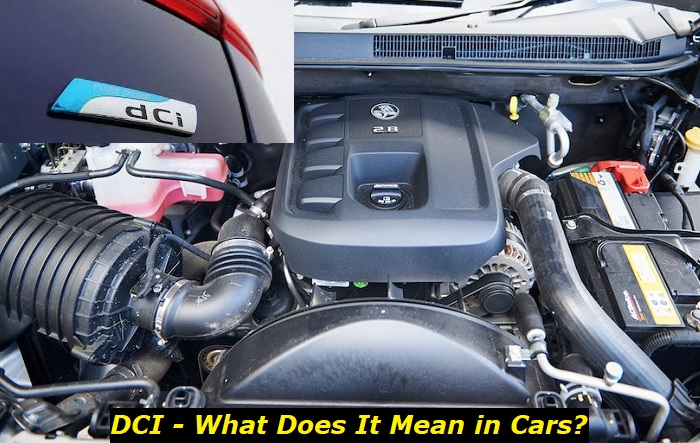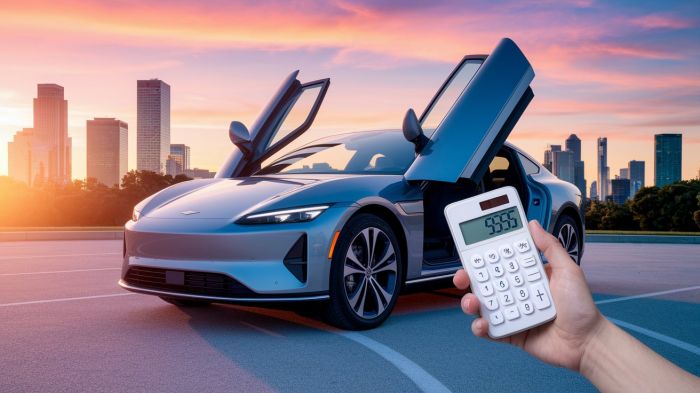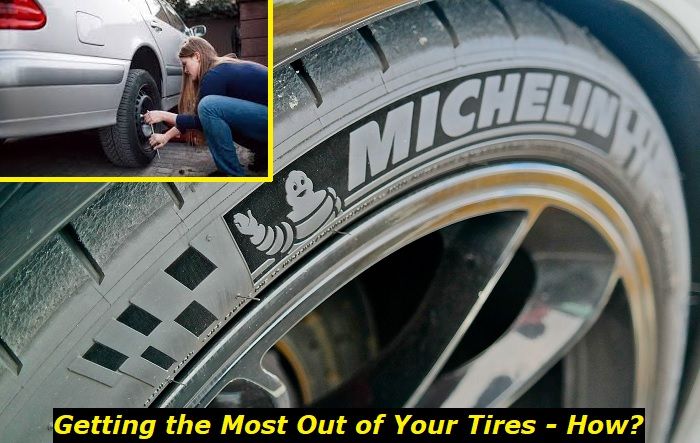Drivers in the US mostly prefer gasoline or electric cars. People here try to stay away from diesel vehicles. We can find just several car models that still offer diesel engines. After the "Dieselgate" scandal with 2-liter diesel engines by Volkswagen, manufacturers understood the possible consequences and eventually started offering gas, hybrid, or electric models.
Engine systems use highlights
- Level of importance:important
- When done:when driving or maintaining the vehicle
- Cost of mistake:$100 - $300
- How to avoid:read driver's manual, ask your dealership for guidelines
- Consequences:wrong use ofimportantfunctions, minor engine damage
- DIY solutions:possible

So, what's DCI in cars?
DCI stands for Diesel Common-rail Injection. This is the system that injects diesel fuel into combustion chambers. This acronym is also very often used to denote a certain type of engine. Usually, it comes with a figure that denotes the displacement of a certain engine. For example, the 2.0 DCI means that we are looking at a diesel-powered engine with common-rail injection and 2 liters of displacement.
The system is pretty straightforward and uses the principles of direct injection. Actually, all modern direct-injection gasoline engines are based on the same principle and work more or less similar to diesel common-rail engines.
Here are some of the main principles of DCI explained in simple words:
- the system inevitably has the high-pressure fuel pump (HPFP) which develops over 2000 bar of pressure;
- all the fuel is pressurized in a common rail that feeds all fuel injectors, this is why the system is called diesel common-rail injection;
- the rail is basically the accumulator for diesel fuel and the pump just maintains the needed pressure in the rail;
- from the rail the fuel goes to each injector and then is sprayed directly into the combustion chamber;
- in most modern engines, injectors are piezoelectric and very precise, they are controlled by the ECU;
- this type of injection is more or less reliable and is much more efficient in terms of fuel consumption than most other types of diesel engines.
The technology may seem simple: the pump creates the needed pressure in the rail, then the ECU electronically controls all piezoelectric injectors and opens them right when needed. The fuel then gets into the combustion chambers right at the needed time. The pressure is stable, so the spraying of fuel is always optimal.
But it only sounds so simple, in reality, the system is pretty complicated and has a lot of variations from one manufacturer to another. Engineers are struggling to find a way to optimize this technology to be more reliable. This is especially important for heavy equipment and military equipment because in cars diesel engines are living their last years.
Why is Diesel Common-rail Injection good and still used?
If you ask car mechanics, they will agree that the common-rail diesel injection is one of the most reliable among all types of diesel technologies for passenger vehicles. Yes, all those old million-mile diesel engines were better in terms of durability but they were awful in terms of how they worked and how they polluted the air. So, they are no longer an option.
Common-rail allows us to get the last touch to diesel technologies in passenger cars and also to experience the wonderful fuel economy and enormous torque of these engines. This is most appropriate for trucks and big SUVs, so GM uses their 3-liter diesel engine with exactly the common-rail injection system in trucks and also in some SUVs that need a lot of torque and power.
Among the benefits that you can get with DCI engines are the following:
- overall, the reliability is pretty good;
- the fuel efficiency is probably the best in the world of diesel technologies;
- the common-rail system is well-researched and won't cause a lot of issues;
- the longevity of the injection system is over 300K miles.
Diesel engines equipped with DCI are economical, powerful, and also quite flexible in terms of how and where they can be used. Of course, this system hates bad fuel. If you don't provide it with clean and high-quality diesel fuel, you better avoid buying a vehicle powered by diesel engines.
CDI engines are still very popular in Europe and the UK. They are almost 30% more economical than gasoline engines with the same power and torque. Also, they are durable and can last more than an average gas engine. Sometimes, you will find DCI engines with ridiculously small displacement like 1.2 or 1.4 liters. And they are still OK!
What are the main drawbacks of the common-rail diesel injection?
For now, you can think that diesel common-rail engines are cool! They are quiet, they don't vibrate too much, they are powerful, and let us enjoy really high torque with relatively small displacement. Also, they don't burn a lot of fuel. Perfect!
But let's add a pinch of salt to this. Well, this will not actually be a pinch but a pound of salt that can sharply change your point of view on CDI engines.
Here's what we have to say:
- These engines are super sensitive to bad fuel. Actually, the bad fuel is one of the main reasons why CDI engines struggle to beat the 200,000-mile mark and may die earlier.
- The price of injections system repair is insane. If you happen to have problems with these piezoelectric injectors, your budget will certainly be shocked. The HPFP is not cheap, too.
- The pump is not reliable. The high-pressure fuel pump is going to get on your nerves after the engine reaches about 100,000 miles. Repairing it is not simple and replacing will cost you very much.
- Regular maintenance is much more expensive. These engines cost more to maintain than gasoline engines. So expensive that the difference nearly compensates for all your economy on fuel costs.
Now you know that these engines are not perfect. They will need more money when maintained and will obviously cause more expensive problems when they get a lot of miles. High-mileage diesel engines are insanely expensive to own, so Europeans tend to sell their diesel-powered cars once they reach 180-200 thousand miles (up to 300,000 kilometers) and buy new ones with no significant issues in them.
In the US, you will probably get one more problem - finding specialists who can and will repair these engines. Finding good parts may also be the issue. So, if you are buying a CDI engine, you should be ready to maintain and repair it in the dealership which will add some expenses.
Should you buy a common-rail diesel engine powered car?
If you are in a country where diesel engines are still common, you should choose exactly the common-rail version of the diesel engine. This is a simple and well-researched technology that won't fail for a lot of miles and will give you great fuel economy and wonderful power. But if you are in the USA, we don't recommend getting a diesel common-rail injection engine because of issues with its maintenance and repair.
We would recommend diesel engines for larger cars and trucks because they need a lot of torque. For simple passenger cars, you may want to choose a more eco-friendly and practical gasoline engine. A turbo gas engine will show more or less the same torque as a diesel engine with the same displacement. But the gas engine is cheaper and easier to maintain and repair.
If you still want a diesel engine with common-rail injection, be careful! Choose a brand that is known for good and reliable diesel technologies. A mistake in choosing a bad brand will cost you too much.
Final thoughts
We don't believe there is a lot of future in diesel common-rail injection engines. We remember the Volkswagen scandal and we've noticed how fast other manufacturers stopped selling their diesel engines in the US. This means they also risked getting involved in this scandal and just didn't want to pay compensation and go to court.
You just can't make a diesel engine more eco-friendly than it is now, so we'll soon have to say goodbye to those DCI engines and welcome hybrid or electric vehicles. Whether you like it or not, this is the only obvious way of developing of personal transport we can see right now.
About the authors
The CarAraC research team is composed of seasoned auto mechanics and automotive industry professionals, including individuals with advanced degrees and certifications in their field. Our team members boast prestigious credentials, reflecting their extensive knowledge and skills. These qualifications include: IMI: Institute of the Motor Industry, ASE-Certified Master Automobile Technicians; Coventry University, Graduate of MA in Automotive Journalism; Politecnico di Torino, Italy, MS Automotive Engineering; Ss. Cyril and Methodius University in Skopje, Mechanical University in Skopje; TOC Automotive College; DHA Suffa University, Department of Mechanical Engineering






Add comment